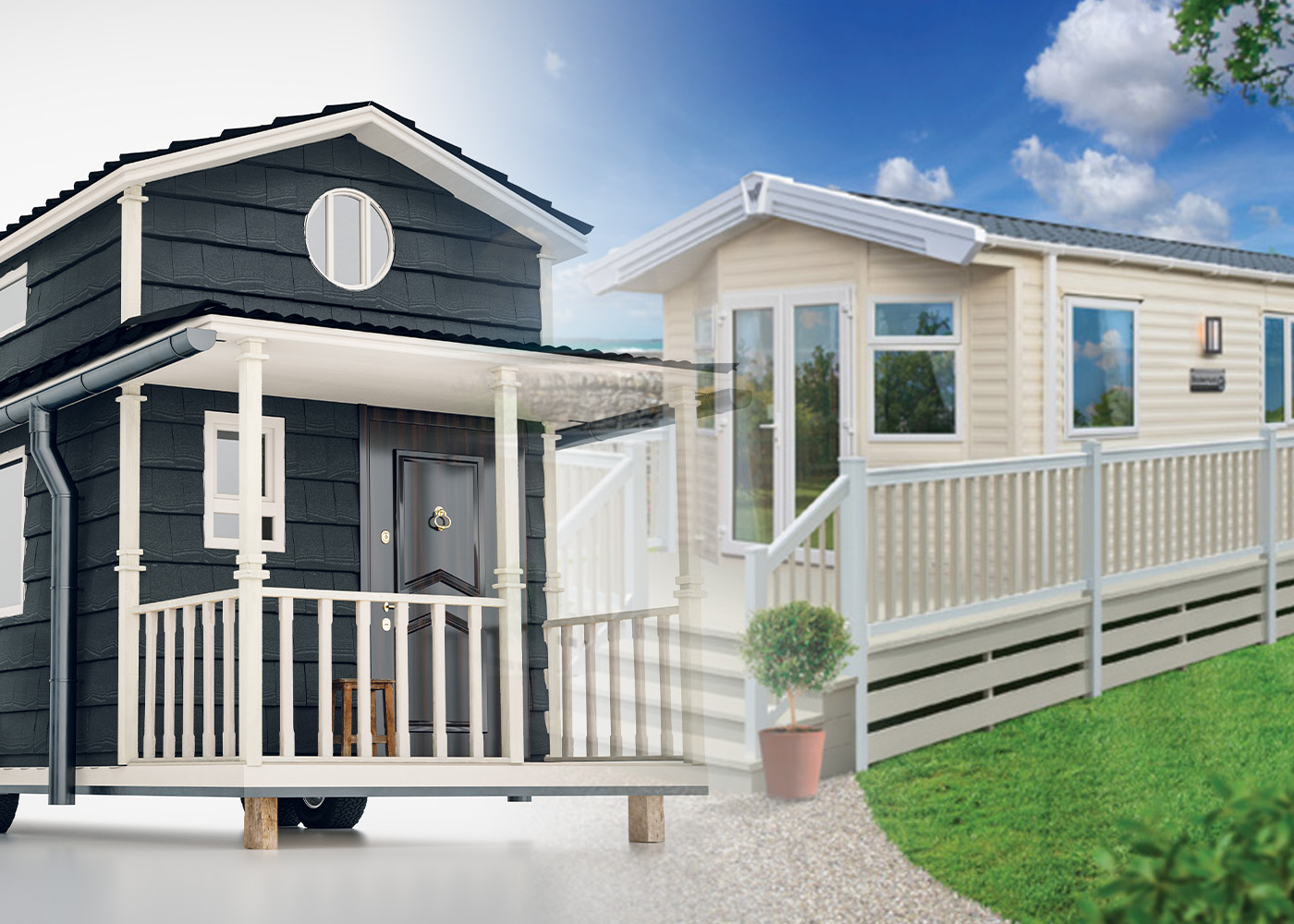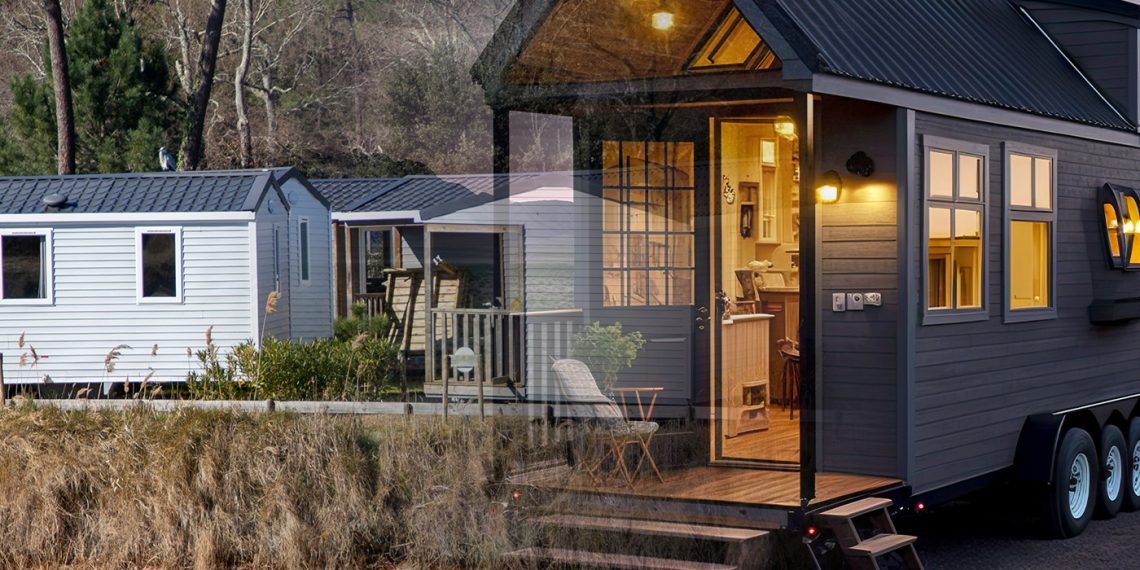Purchasing a mobile home can be a great way to affordably get into homeownership. However, if you don’t do your research, plan carefully, and know what red flags to look for during the sales process, it can quickly become a more expensive and stressful nightmare than you ever imagined. In this blog post, I will share my regrettable experience with buying a mobile home to give potential buyers an invaluable lesson without having to learn from their mistakes.
Buying a Mobile Home: The Dream
For those on a budget, mobile homes might seem like an ideal solution to owning property without breaking the bank. More affordable than traditional housing options, they provide prospective buyers with considerable cost savings while requiring less stringent lending requirements – allowing people with lower credit scores or smaller down payments to acquire their own homes.
If you value mobility and flexibility, the ability to move a mobile home from one location to another is an attractive feature. Unlike traditional houses, which remain stationary in their current locale, taking your house with you allows people to switch up the scenery or relocate for employment effortlessly. For those seeking change and adaptability, this can be a compelling incentive when buying a manufactured home.
A frequent expectation amongst mobile home purchasers is that they require less maintenance than regular houses. Given their typically smaller size and fewer features, people presume upkeep will be minimized. While it’s true that routine care may not need to be as extensive for a mobile home compared to the traditional residence, there are still duties like cleaning, repairing, and replacing components of the house, which must regularly take place to maintain its integrity.
If you purchase a mobile home, being part of a community is likely included in the package. With this comes an opportunity for social gatherings and integration that may be harder to find with other types of housing. Plus, many mobile home communities have amenities such as pools or play areas that can improve your family’s experience!
People commonly anticipate being able to adapt their mobile homes to fit their individual styles and preferences. As a result of lower costs associated with purchasing these kinds of houses, buyers can have extra funds for do-it-yourself projects or refurbishments. Additionally, as the mobile home design is generally uncomplicated compared to regular home designs, modifications may be easier and quicker than ever!

Regretting my Purchase: The Nightmare
Owning a mobile home is undeniably advantageous; however, it may not always reach the level of expectations. Take cost, for instance: although it’s typically much more affordable than traditional homes, the amount adds up swiftly when considering lot rent, utilities, and upkeep expenses associated with ownership. That can be quite costly to some buyers who haven’t considered all these factors beforehand.
Although the mobility of a mobile home is often seen as an advantage, it can be quite difficult to actually move. Acquiring permits, special machinery, and experienced professionals all make for a complex process that may not be worth the effort in some cases. Thus, despite its advantages initially seeming appealing, buyers must consider the practicality of relocating their home before making any decisions.
People often assume that maintaining a mobile home is much less of an undertaking than traditional housing, yet this may not always be true. In fact, sustaining and caring for your property can require more time and money than expected – leading to potential distress or even buyer’s remorse. To ensure you are investing in something that suits both your budget and lifestyle needs, it’s essential to have clear expectations about upkeep upfront.
In addition, the sense of community and social connection associated with residing in a mobile home area can be beneficial for some people. Still, it is not necessarily the situation for everyone. The atmosphere and personalities of individuals living in these communities can vary significantly. Some buyers may discover that they do not fit well with their chosen community which could lead to feelings of seclusion or dissatisfaction.
Although customization is an advantage of owning a mobile home, it can also pose difficulties. Mobile homes commonly come with distinct materials and designs than traditional properties, which may make discovering the required parts more difficult. Moreover, there are certain regulations and limits on what changes you’re allowed to do in your mobile house; buyers could find themselves restricted when attempting to customize their residence.
Final Words:
Purchasing a mobile home and transitioning it into a comfortable living space may seem attractive, but as many experienced, it can quickly become a nightmare. Mobile home purchases often have hidden costs and maintenance issues, so research and preparation are essential. The process seems pretty straightforward on the surface, but if you are not ready to take on all the challenges, you may regret your decision soon after. Above all else, ask questions before closing a deal, get everything in writing, and always have a backup plan should things fall through.













